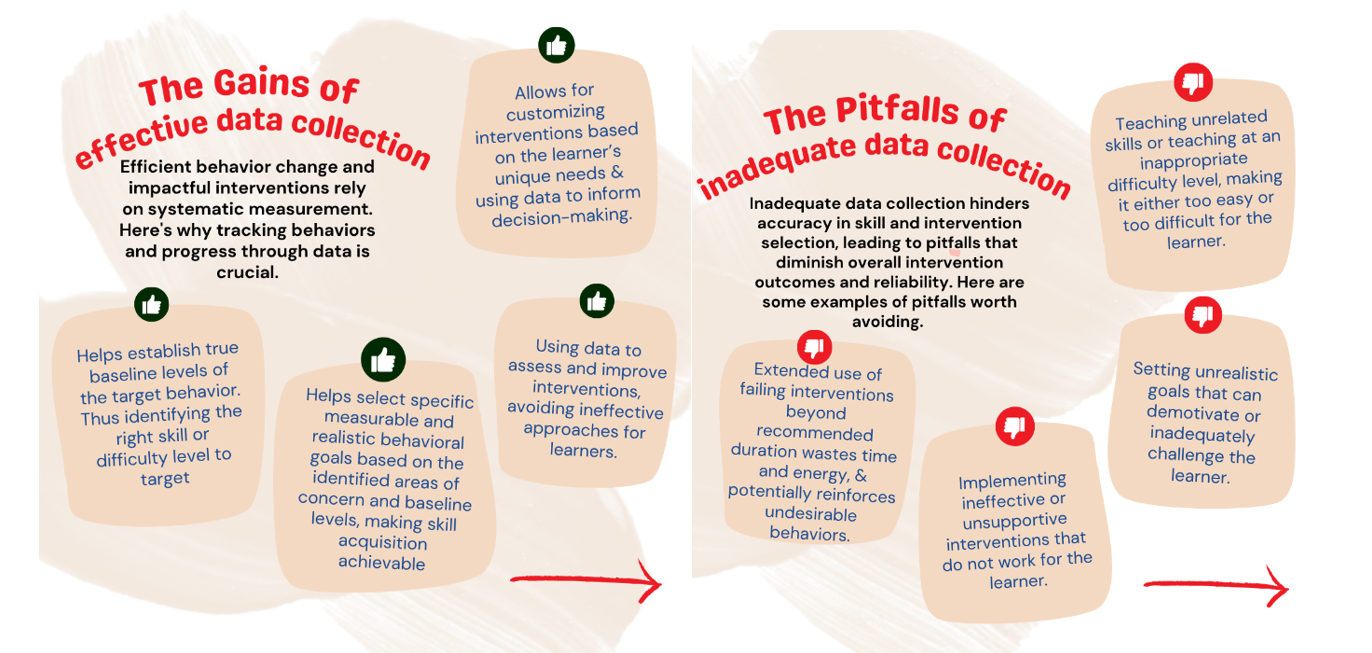What It Takes to Be a Registered Behavior Technician (RBT)
Get started today with A World of ABA. Reach out at info@aworldofaba.com
As the demand for high-quality behavioral health services continues to grow, so does the need for skilled professionals in the field of Applied Behavior Analysis (ABA). Among the most vital team members in this field are Registered Behavior Technicians (RBTs). These professionals provide essential support to individuals with autism spectrum disorder, developmental delays, and behavioral challenges. Whether you're exploring a new career path or looking to make a meaningful impact in the lives of others, becoming an RBT can be a rewarding and accessible entry point into the world of ABA.
RBTs are paraprofessionals who work under the guidance of a Board Certified Behavior Analyst (BCBA). They support individuals with developmental disabilities, autism spectrum disorder, and other behavioral challenges through the implementation of behavioral interventions. Let's learn more about what it takes to become an RBT, including the required qualifications, training, and key attributes for success.
Qualifications and Education
- Minimum Education: Candidates must have at least a high school diploma or equivalent. While not mandatory, pursuing further education—such as an associate or bachelor's degree in psychology, education, or a related field—can provide additional benefits and career advancement opportunities.
- Age Requirement: Applicants must be at least 18 years old to be eligible for certification.
- Background Check: A background check is typically required to ensure candidates are qualified to work with vulnerable populations.
RBT Training
Prospective RBTs must complete a 40-hour training program that covers the fundamental principles of behavior analysis. This training includes key topics such as:
- Ethical guidelines
- Data collection methods
- Intervention strategies
- Session management
This mandatory training ensures that candidates are well-prepared with the foundational knowledge and skills necessary for the role.
Certification Process
Once the training is completed, candidates must undergo a competency assessment conducted by a qualified assessor, typically a BCBA or designated assistant. The assessment involves a combination of:
- Interview Questions
- Role-playing scenarios
- Direct interaction with a client
After successfully passing the assessment, candidates are eligible to take the RBT examination, which is administered by the Behavior Analyst Certification Board (BACB). This exam evaluates the candidate's understanding of the essential concepts and practical skills needed to perform effectively as an RBT.
Becoming a Registered Behavior Technician is a significant step toward a promising career in behavioral health. With the right qualifications, training, and a commitment to ethical, client-centered care, RBTs can make a lasting difference in the lives of the individuals and families they serve. As the role continues to grow in recognition and demand, now is an excellent time to consider joining the field and contributing to meaningful change through evidence-based behavioral interventions.






Nurturing Progress: The Transformative Journey of Applied Behavior Analysis for Children with Autism


